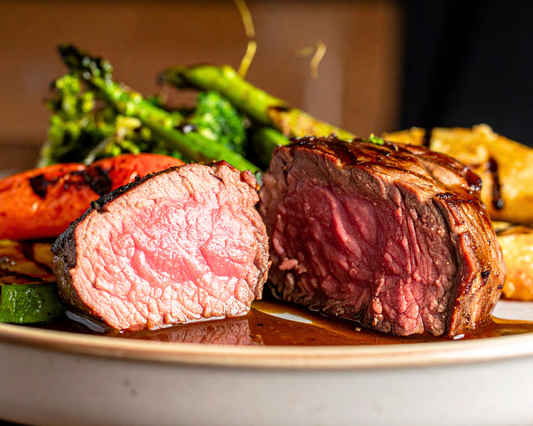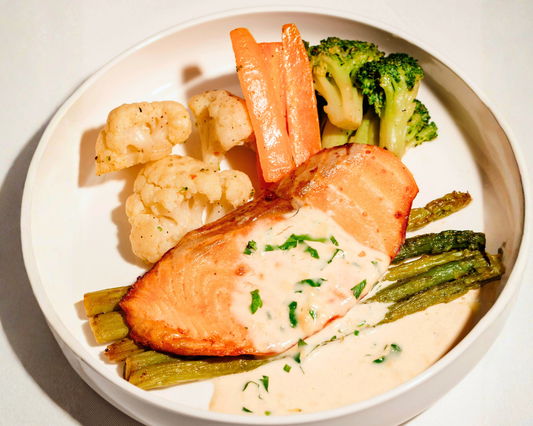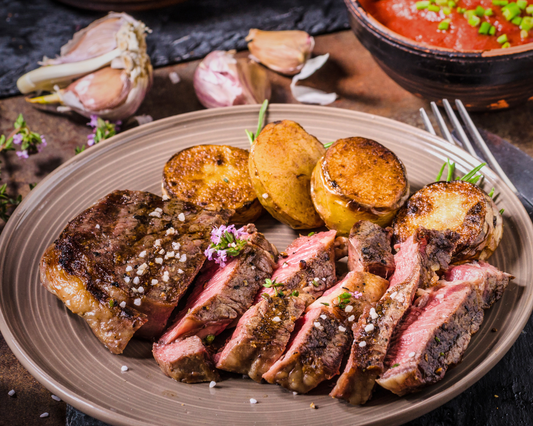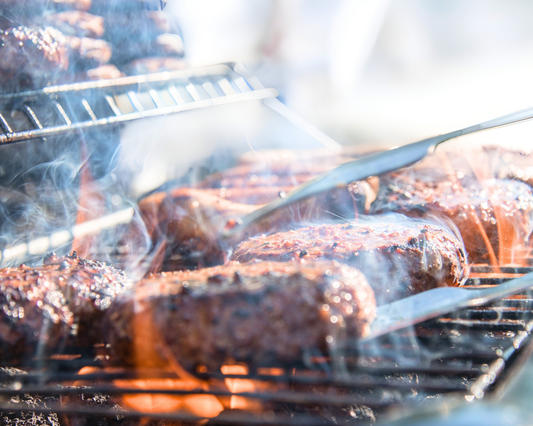When it comes to premium, sustainable seafood, BC organic salmon stands out as a world-class choice. British Columbia’s pristine coastal waters offer the ideal environment for raising salmon that’s not only delicious but also environmentally responsible. Whether you’re a chef, home cook, or simply someone who values clean eating, BC organic salmon is a product that deserves your attention—and a regular spot on your plate.
In this post, we’ll dive deep into what makes BC organic salmon unique, how it’s raised, the nutritional benefits, sustainability practices, and the best ways to enjoy it. Let’s explore why this West Coast delicacy is a true treasure for Canadians and seafood lovers around the world.
What Is BC Organic Salmon?
BC organic salmon refers to salmon raised on the coast of British Columbia under certified organic aquaculture standards. This means the salmon are farmed in ocean-based pens with practices that minimize environmental impact, promote animal welfare, and avoid the use of synthetic chemicals or antibiotics.
Organic certification in Canada is regulated under the Canadian Organic Standards, managed by the Canadian Food Inspection Agency (CFIA). To qualify as organic, BC salmon farms must meet strict criteria related to feed, stocking density, waste management, and habitat protection.
Most organic salmon in BC is Atlantic salmon (Salmo salar), though it’s raised locally in Pacific waters using organic farming techniques that prioritize the health of the ocean and the fish.
How Is BC Organic Salmon Raised?
Raising BC organic salmon starts with responsible hatchery practices. Young salmon, called smolts, are grown in land-based tanks before being moved to ocean net pens. These pens are strategically placed in clean, fast-flowing waters to mimic natural conditions.
Key features of organic salmon farming include:
1. Organic Feed
Organic salmon are fed a diet that is free from genetically modified organisms (GMOs), synthetic additives, and land-animal by-products. The feed is typically made from sustainable marine ingredients and organic plant-based components.
2. Low Stocking Density
Organic standards require lower stocking densities than conventional farms. This reduces stress and disease among the fish and lowers the risk of sea lice or parasite outbreaks.
3. No Antibiotics or Hormones
Organic salmon are never treated with antibiotics or growth hormones, making them a cleaner choice for health-conscious consumers.
4. Environmental Monitoring
Organic farms must actively monitor and protect the surrounding marine ecosystem. Water quality, benthic (seafloor) conditions, and wildlife interactions are closely tracked to ensure long-term sustainability.
Nutritional Benefits of BC Organic Salmon
BC organic salmon is packed with nutrients that make it one of the healthiest proteins available. It’s rich in:
-
Omega-3 fatty acids: These heart-healthy fats help reduce inflammation, support brain function, and improve cardiovascular health.
-
High-quality protein: With about 20-25 grams of protein per 100g serving, it’s perfect for building and repairing tissues.
-
Vitamin D: Salmon is one of the best natural sources of vitamin D, essential for bone health and immune function.
-
B vitamins: Including B12, niacin, and B6, which support metabolism and energy production.
-
Selenium: A trace mineral with antioxidant properties that helps protect cells from damage.
Because BC organic salmon is raised in a cleaner, stress-free environment, many consumers report a noticeable difference in taste and texture—often describing it as richer, cleaner, and more delicate than conventional farmed salmon.
Sustainability: Why Organic Matters
The global demand for salmon has led to the rapid expansion of fish farming. However, not all aquaculture is created equal. One of the biggest advantages of BC organic salmon is its sustainability.
Organic certification ensures farms follow practices that:
-
Minimize waste and pollution
-
Avoid overfishing for feed ingredients
-
Respect natural fish migration routes
-
Prevent escapes and genetic mixing with wild salmon populations
BC’s organic salmon farms are typically family-owned or community-based operations that take pride in their stewardship of local ecosystems. This commitment helps protect the natural beauty and biodiversity of the coast, from Vancouver Island to the northern fjords.
Choosing organic means you’re voting for a healthier ocean, a better food system, and more ethical animal treatment.
Cooking with BC Organic Salmon
One of the joys of BC organic salmon is its versatility in the kitchen. Its firm texture and rich flavour make it suitable for almost any cooking method—from grilling and baking to smoking and poaching.
Cooking Tips:
-
Don’t overcook: Salmon is best served medium-rare to medium, with an internal temperature of about 52–55°C (125–130°F).
-
Keep it simple: A touch of sea salt, fresh herbs, and lemon is all you need to bring out its natural flavour.
-
Skin on or off: Keeping the skin on during cooking can help lock in moisture and add a crispy texture when pan-seared.
Recipe Ideas:
-
Grilled organic salmon with maple glaze: A nod to Canadian flavours, this dish is perfect for BBQ season.
-
Baked salmon with dill and garlic: Quick, easy, and comforting for weeknight dinners.
-
Salmon poke bowls: Combine sushi-grade organic salmon with rice, avocado, cucumber, and sesame for a healthy lunch.
-
Organic salmon chowder: A creamy, West Coast-inspired soup with potatoes, corn, and wild herbs.
By choosing BC organic salmon, you're not only enjoying a high-quality product—you’re supporting local farmers, protecting ocean ecosystems, and making a conscious choice for the planet.
Next time you're planning your meals, make room for BC organic salmon on your menu. It’s a small change that offers big benefits—for your body and the environment.















